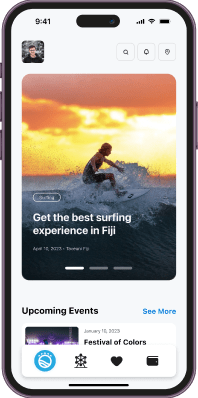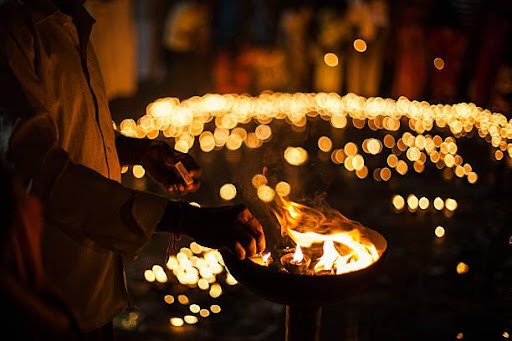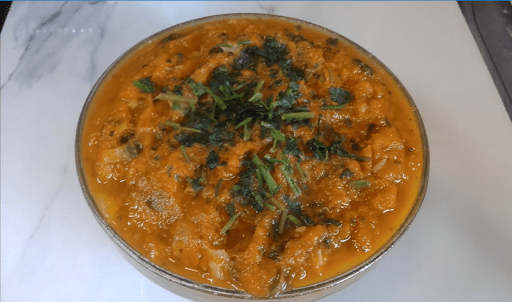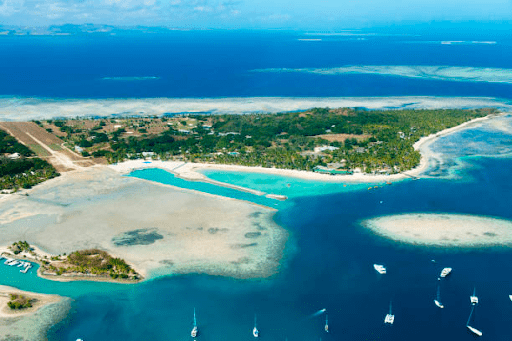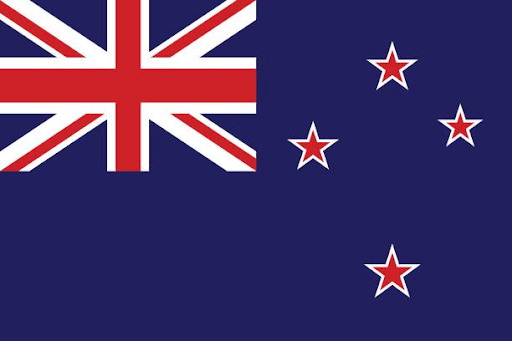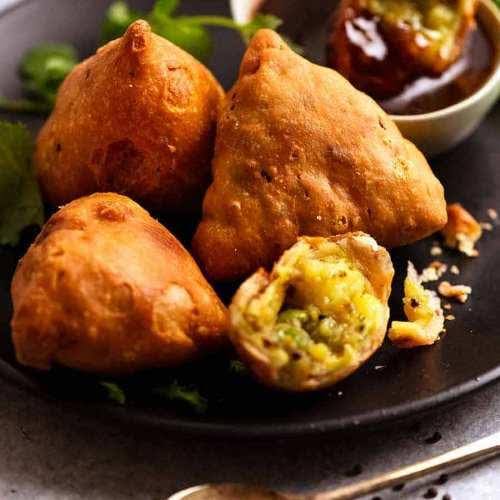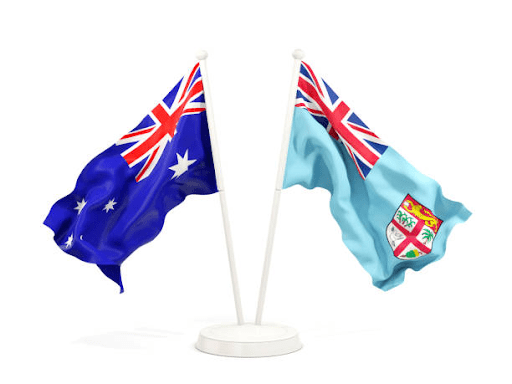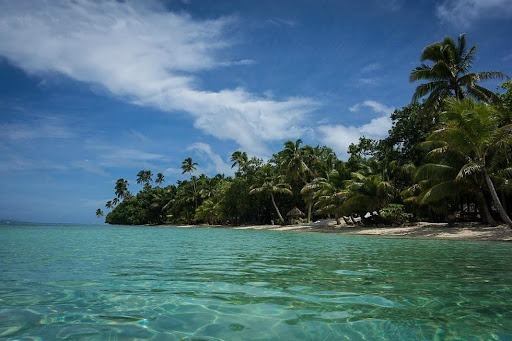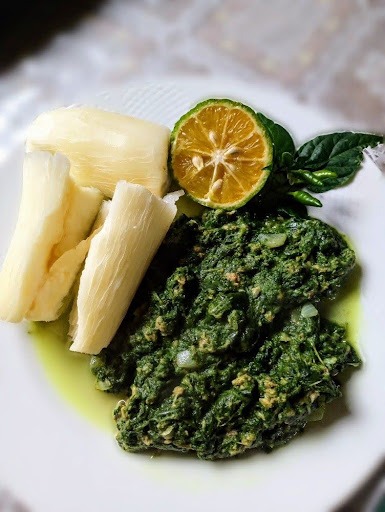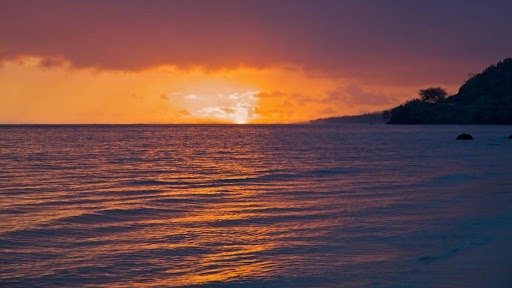When is the best time to visit Fiji?
Congratulations, you made the right decision in choosing Fiji as your next travel destination! Now comes the fun part — planning.
Here are some guidelines to help you decide when to visit the South Pacific paradise.
What’s the best time to visit Fiji?
There are two main seasons in Fiji: wet and humid (November – April) and dry and pleasant (May – October).
Note that the southeastern part of Viti Levu (the main island) has higher rainfall than the rest of the island during the rainy season. Just something to keep in mind.
Mid-October to mid-November is when prices are lower, there are less crowds, and the weather is dry. Thus it is an ideal time to visit.
Take note of the antipodean school holidays (around April, July, September/October, and December), because that’s when hotel and airline rates are sky high.
Festivals in Fiji
You’ll definitely want to experience a festival while you’re there. Here are 10 of Fiji’s most important festivals so you may adjust your visit accordingly. The exact dates sometimes vary from year to year.
- Festival of the Friendly North – Celebration of Culture
Celebration happens in August.
This celebration takes place in Labasa (an agricultural town on the Vanua Levu island) and is one of the most notable festivals in the country. It is a charitable event that started forty odd years ago. The proceeds go to a cause in Labasa, for example, better health services in the town.
During the festival, the people of Labasa gather on the streets and at the famous Subrail Park. Be entertained by the beauty pageant. Don’t forget to congratulate the winner of the title!
- Diwali – Festival of Lights
Celebration happens in October.
Fiji is home to a large population of Indians, thus Diwali is a major celebration on the archipelago. Traditionally, South East Asian countries like India celebrate the festival by lighting diyas. In Fiji, there are light-shows, firecrackers, parties, and lots of fun. All the locals regardless of religion or ethnicity come together to celebrate the festival.
- Bula Festival – Popular Fiji Festival
Celebration happens in August.
“Bula” means “hello”, thus as you might imagine, the annual Bula Festival is an introduction to Fiji and her people. It lasts an entire week with food, music, and other exciting events. The celebration is held at both Koroivolu Park and Prince Charles Park. Just like the Festival of the Friendly North, all proceeds of the event go to charity.
Celebration happens in March.
Holi is another festival brought over by the ethnic Indians, known as the “Festival of Colours”, owing to its vibrant and vivid colours. Although it is celebrated primarily by the Hindus, people of different communities come together and throw colourful powder on each other. The simple ritual represents forgetting old grudges and forging new relationships, which is why it’s celebrated during spring time, the season of new beginnings.
- Fiji Day – Celebration of Independence of the Island
Celebration happens in October.
Fiji gained independence from British colonial rule in the 70s, a major event in history. The people of Fiji celebrate their independence annually on the 10th of October; the festivities may last up to a week in the main cities. There are parades, parties, and performances in every corner of the country. You bet it’s a big deal to the Fijians!
- Lautoka Sugar Festival – A Fun Festival
Celebration happens in September.
Fiji is synonymous with the sugar trade, and the city of Lautoka in Fiji is a star player in sugar production. Every year, the people of Lautoka celebrate the Sugar Festival. As usual, there is music, dancing, food, and a beauty pageant, where the participants contest for the title of “Lady Sugar”, “Miss Sugar Princess”, and “Mr Sugar King”.
- Hibiscus Festival – A Beauty Pageant Festival
Celebration happens in August.
Hibiscus Festival is the oldest, biggest, most awaited celebration on the island of Fiji. The beauty pageant is the main event of the festival — you’ll see Miss Hibiscus get crowned! — but there is also a celebration of Fijian culture. The festival is Fiji in a nutshell. It’s the one you don’t want to miss.
